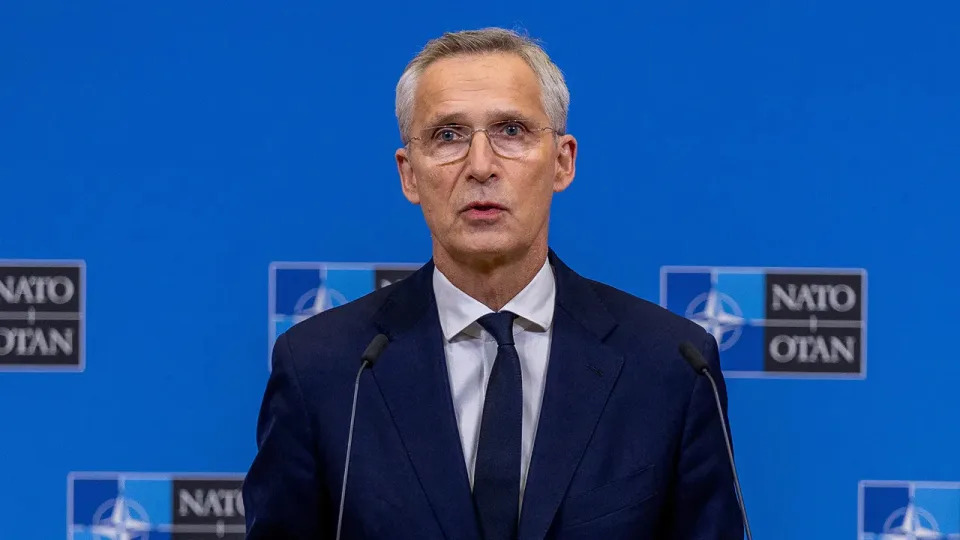Nadine White
Fri 11 October 2024

Zwelivelile Mandla Mandela was due to come to the UK to speak at a series of pro-Palestinian talks (Middle East Images/AFP via Getty)
Nelson Mandela’s grandson was reportedly denied entry to the UK ahead of a planned speaking tour at pro-Palestine events.
Zwelivelile Mandla Mandela, 50, was due to fly to Britain to speak at events during Black History Month in eight cities including London, Edinburgh and Brighton.
But on Thursday, instead of physically attending an event held by Sheffield Palestine Coalition against Israeli Apartheid, he joined the session remotely.
In a statement, the group said Mr Mandela has been “prevented from travelling to the UK”.
The former South African member of parliament, who often goes by his middle name Mandla, has spoken previously of his support for the 7 October attack on Israel.
The statement from Sheffield Palestine Coalition against Israeli Apartheid continued: “British officials had initially told him that his South African government passport did not require a visa to enter the UK.
“However, on Monday, Mandla was informed that he did require a visa.
“So far, despite high-level approaches from senior ANC [African National Congress] figures, the British embassy has not relented or issued a visa.”
As a former MP under the ANC party of South Africa from 2009 to May 2024, it is unclear as to whether he still holds a diplomatic passport.
“It seems that there are those who are intent on preventing me from being physically with you [in Britain],” Mr Mandela reportedly said during the meeting in Sheffield on Thursday.

Mr Mandela still gave the talk at the pro-Palestinian event in Sheffield despite not being in the country (Facebook/Sheffield Palestine Solidarity Campaign)
“I have been criticised for statements that I have made in support of the Palestinian Resistance and its various formations.”
It comes after the Home Office was questioned in a media report last week on whether Mr Mandela should be allowed entry because of his statements on the Middle East.
On his Instagram page, after the Hamas attack against Israel on October 7 2023, he wrote: “We support the Palestinian right to resist and call on all resistance formations to likewise support operation Al Aqsa Flood and intensify the struggle on all fronts.”
He was also said to have described Hassan Nasrallah, the Hezbollah leader who was killed in September, as “one of the great freedom fighters”, according to an Iranian state-funded media outlet.
Britain considers both Hamas and Hezbollah to be terrorist organisations.
Later this month, Mr Mandela is scheduled to speak at the Global Peace and Unity Festival in London.
Sir Stephen Timms, minister in the Department for Work and Pensions, was also due to speak but reportedly withdrew after learning of Mr Mandela’s participation.
Mr Mandela is still anticipated to visit Dublin in Ireland, where his visa requirement to enter has been reportedly waived.
During his lifetime, Nelson Mandela frequently spoke out in support of Palestine and the Palestine Liberation Organisation, which was considered a terrorist organisation by the US and Israel at the time.
A Home Office spokesperson said: “The UK has robust safeguards to ensure visas are only issued to those who we want to welcome to our country.”
The Independent has attempted to contact Mr Mandela for comment.




























